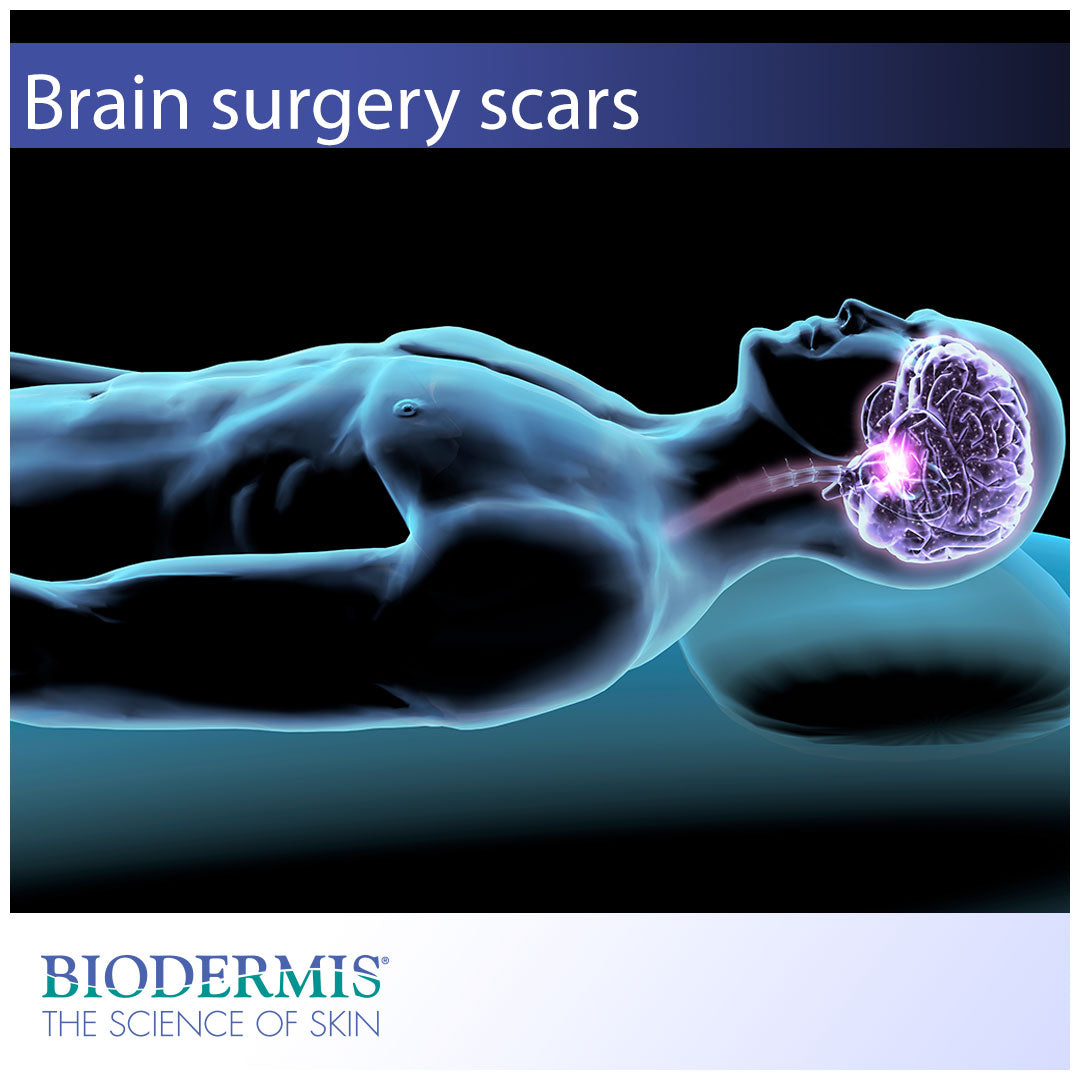Brain surgery, otherwise known as craniotomy, is a surgical procedure in which a piece of skull is removed to give the surgeon access to the brain. This surgery is done as an intervention to remove brain tumors, abnormal tissue, or blood clots in the brain. It can also be used to relieve pressure in the brain after head trauma or stroke, or to treat a variety of other brain conditions. A craniotomy isn’t the only type of brain surgery that can be performed. Other common types include a biopsy, where brain cells or a small portion of tissue is removed, deep brain stimulation (DBS), where a small medical device is implanted in the brain, and a neuroendoscopy, where a small light and camera is used to access the brain and remove tissue. With modern advances in medicine, not all brain surgeries will require an incision; but for the ones that do, there is a risk of scarring. Luckily, many scar care options are available to patients online or through your physician.
About brain surgery
Brain surgery is commonly performed under general anesthesia, so you will be unconscious without pain during the entire procedure. General anesthesia is used when the surgeon must be precise during a tumor removal. The patient must remain absolutely still during this kind of procedure. However, sometimes the patient will be awake during the operation. This is known as “awake” brain surgery. The patient, of course, will still be receiving sedation and pain relief medication, but they will be awake so that they can answer questions asked by the surgeon so that he or she can identify areas of the brain that affects vision, movement, and speech. The surgeon can use this information to target specific areas of the brain. Awake brain surgery doesn’t mean you will necessarily be awake during the entire procedure. But you may be woken up at certain times do give some signals, such as a hand squeeze or a simple motion. Most patients won’t even remember the awake moments during their surgery.
Depending on the type of brain surgery you had, patients may spend two or more months recovering before returning to work or school. Patients can expect to stay in the hospital for three to five days after surgery, so they are encouraged to bring several changes of clothing and other belongings to help make the stay more enjoyable. Moderate to severe pain and swelling can persist for several days or weeks after the operation, so the patient will be on medication until symptoms subside. As with all post-operative care tips, make sure you follow your surgeon’s advice on how to make your recovery as smooth as possible.
Silicone gel for scar management
Scars resulting from this kind of surgery can measure six or more inches in length. Smaller procedures may result in scars that measure two to three inches. As part of the post-operative recovery process, patients want to know what options they have for scar therapy. Medical-grade silicone gel for scar management is a clinically-proven topical solution that has been used in scar treatment for over 30 years. Silicone gel works simply and effectively through two mechanisms of action: dermal hydration and collagen regulation. During the wound healing process, collagen buildup produces excessive scarring that appears raised and discolored. By using silicone to induce hydration at the scar site, collagen production will normalize leading to flatter and smoother scars. Silicone gel can be purchased through your physician or online at biodermis.com.
Biodermis is an innovative market leader with 30 years of expertise in the medical silicone industry. Visit Biodermis.com today to explore a complete range of scar management and post-operative care solutions.
PHYSICIANS AND MEDICAL PROFESSIONALS: REFER OR RESELL?
Biodermis offers custom tailored referral programs designed to simplify and reduce the cost of your patients' post-op care. Additionally, we offer professional pricing if you opt to retail our products. Give us a call at 800.322.3729, and we will be happy to provide additional details on these programs.




